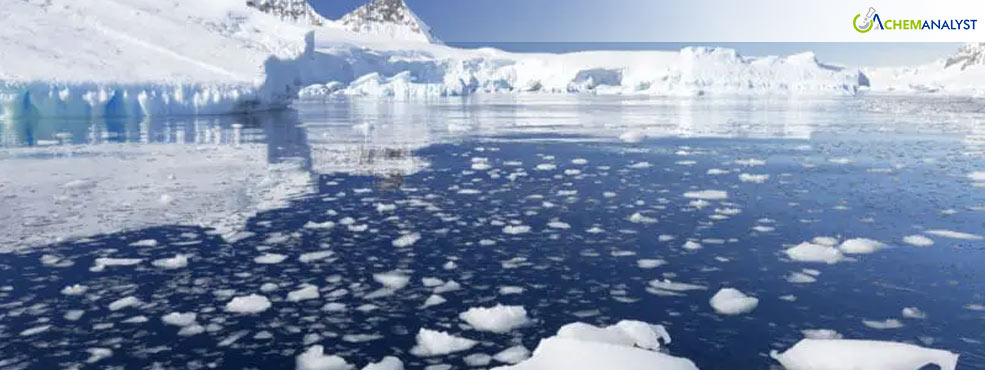Welcome To ChemAnalyst

The Arctic Ice Project (AIP) has officially shut down, citing ecological concerns, marking a significant victory for Indigenous communities, environmental organizations, and climate justice advocates who opposed the project. AIP had proposed spreading synthetic silica-based microspheres on Arctic sea ice to slow its melting, but it faced years of criticism for potential harm to delicate Arctic ecosystems and for promoting geoengineering solutions instead of addressing the root causes of climate change.
The project's shutdown sends a strong message to geoengineering proponents that risky, large-scale climate interventions will not be accepted at the cost of ecosystems and communities. The Hands Off Mother Earth! (HOME) Alliance welcomed the decision, emphasizing that geoengineering is a "controversial technofix" that treats symptoms rather than underlying climate issues. The group pointed to the Convention on Biological Diversity's (CBD) recent reaffirmation of a global moratorium on geoengineering as a further sign that such projects are losing ground.
This decision follows the collapse of other geoengineering efforts, such as the Alameda marine cloud brightening project, Harvard-backed SCoPEx, and Running Tide’s ocean carbon removal initiative. Indigenous leaders, like Panganga Pungowiyi from the Indigenous Environmental Network, expressed relief over the project’s closure, recalling how local communities in Utqiagvik were forced to spread synthetic materials on frozen lakes despite health and environmental concerns. "Nature is not a laboratory; it is a living entity we are in relationship with," Pungowiyi stated, vowing continued resistance against geoengineering experiments threatening Indigenous lands and ecosystems.
Silvia Ribeiro, Latin America Director at ETC Group, highlighted how AIP’s closure reflects the power of Indigenous advocacy in protecting their territories from speculative technologies with unknown risks. Coraina de la Plaza of the HOME Alliance called it a "monumental victory" led by Indigenous resistance, reinforcing the importance of community-driven environmental advocacy.
Mary Church, Geoengineering Campaign Manager at the Center for International Environmental Law, condemned geoengineering as a distraction from real climate solutions, stating that such projects grant polluters a "free pass" while delaying systemic change. She urged governments to prevent outdoor experiments and prioritize an equitable transition away from fossil fuels to protect Arctic ecosystems.
Benjamin Day, Senior Campaigner at Friends of the Earth U.S., described AIP’s shutdown as the completion of the "Geoengineering Hype Cycle," where speculative climate technologies receive initial excitement and investment, only to be abandoned after local opposition and scientific scrutiny. "We must stop enabling this cycle and focus on transitioning to sustainable energy and land-use practices," he concluded.
As the global fight against geoengineering continues, the Arctic Ice Project’s shutdown stands as a powerful testament to Indigenous leadership and environmental activism in safeguarding fragile ecosystems from risky technological interventions.
We use cookies to deliver the best possible experience on our website. To learn more, visit our Privacy Policy. By continuing to use this site or by closing this box, you consent to our use of cookies. More info.
